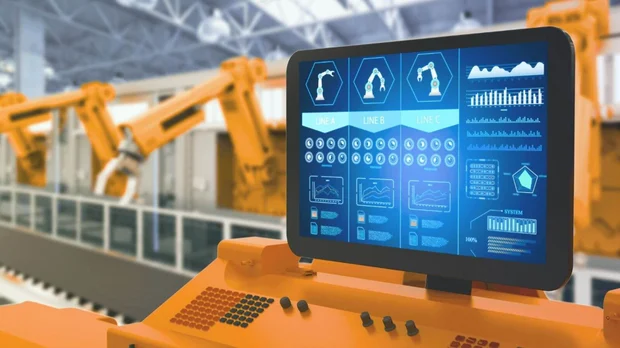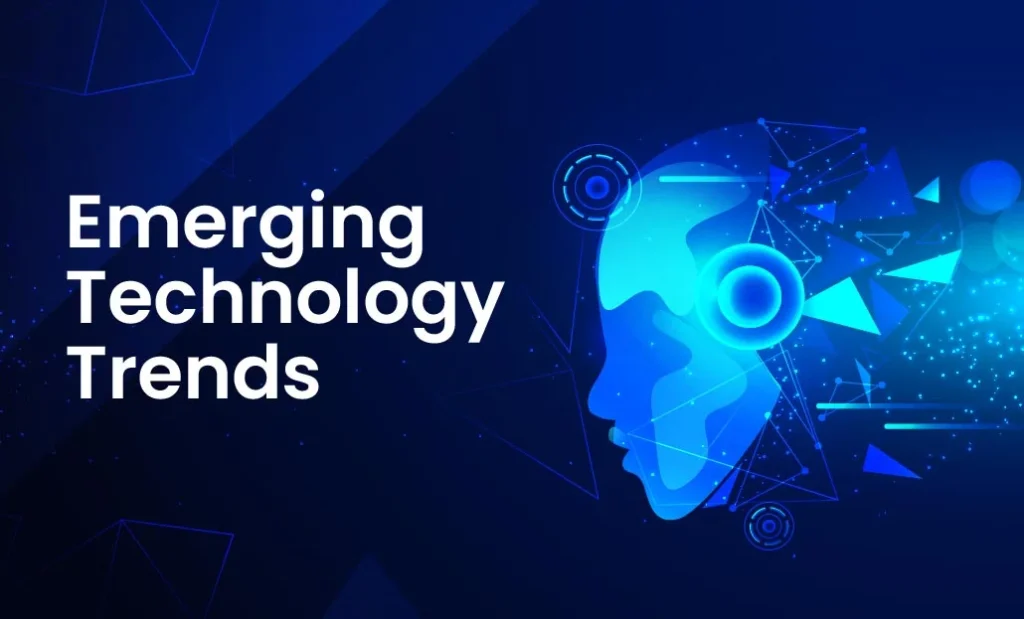The integration of Artificial Intelligence (AI) into healthcare is reshaping the industry, offering groundbreaking solutions to age-old challenges. From diagnosing diseases to streamlining administrative tasks, AI is creating a paradigm shift that benefits patients, practitioners, and healthcare systems alike.
This content is restricted. Subscribe Now to gain access.








